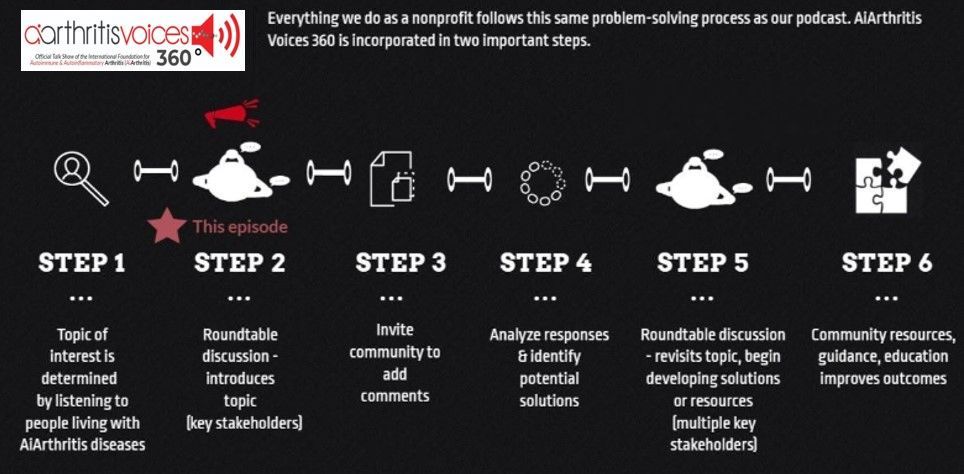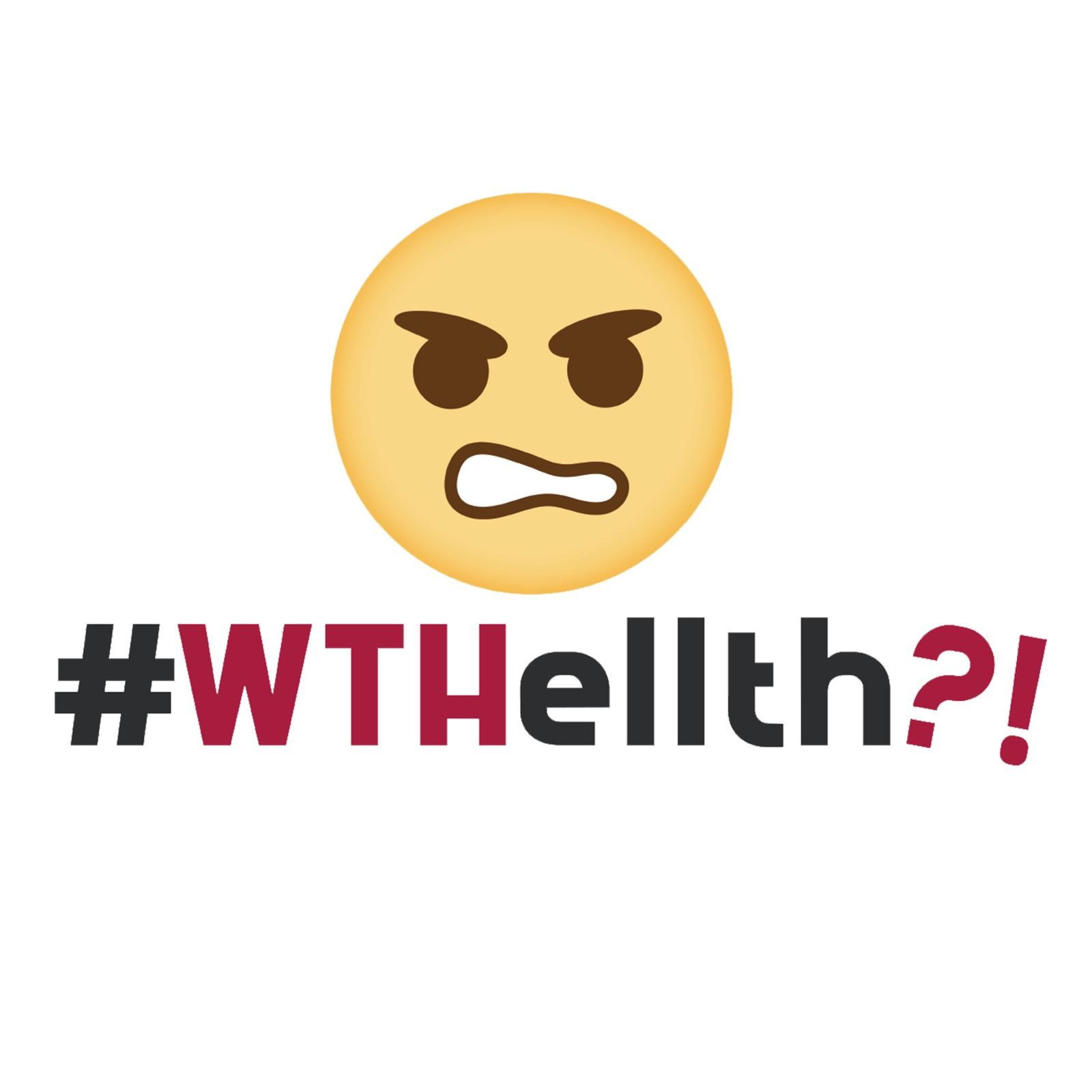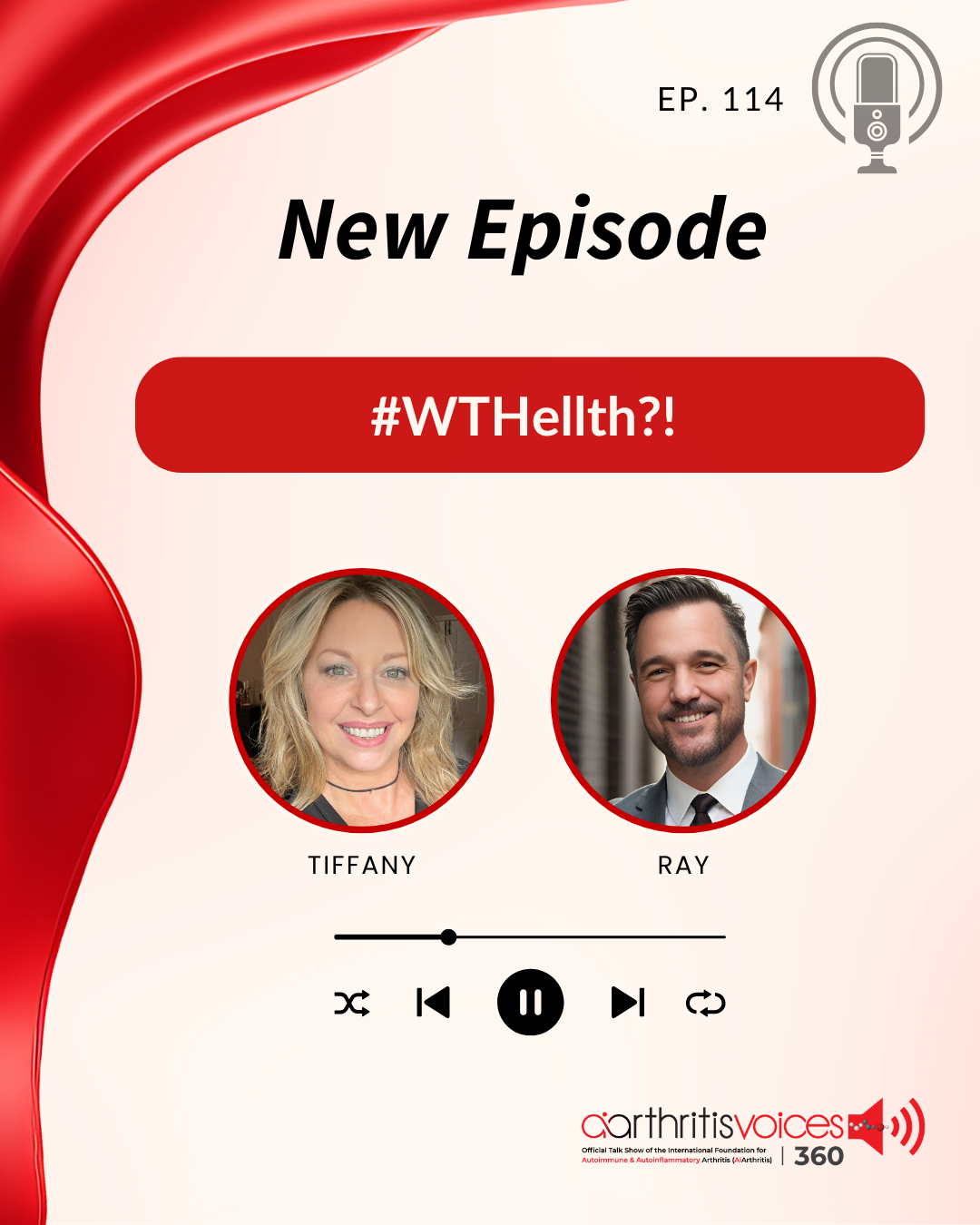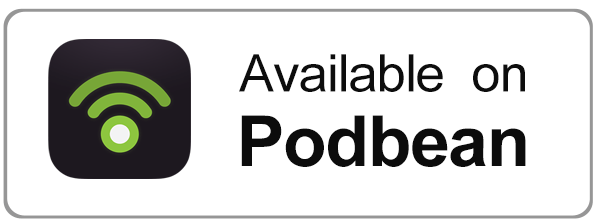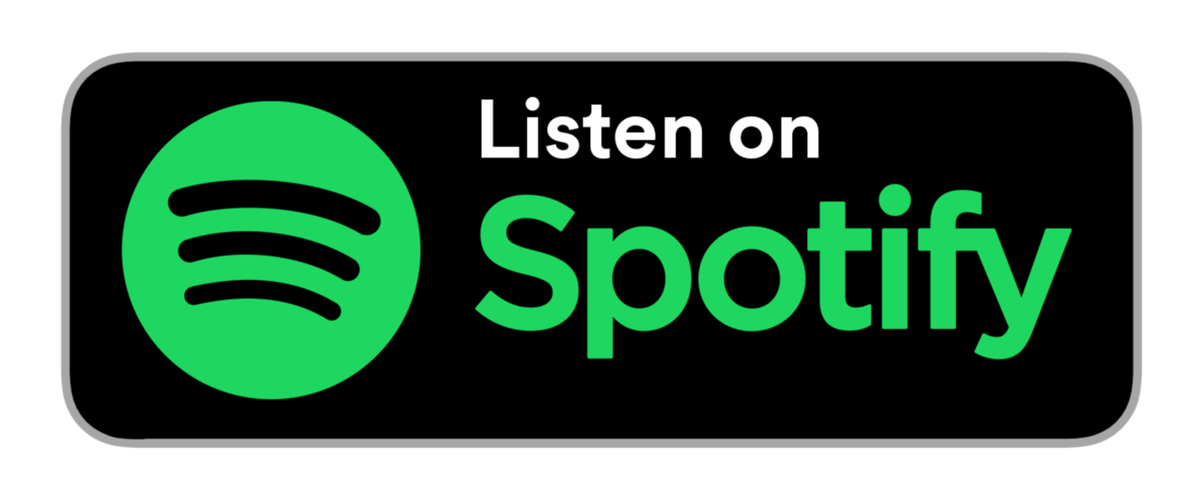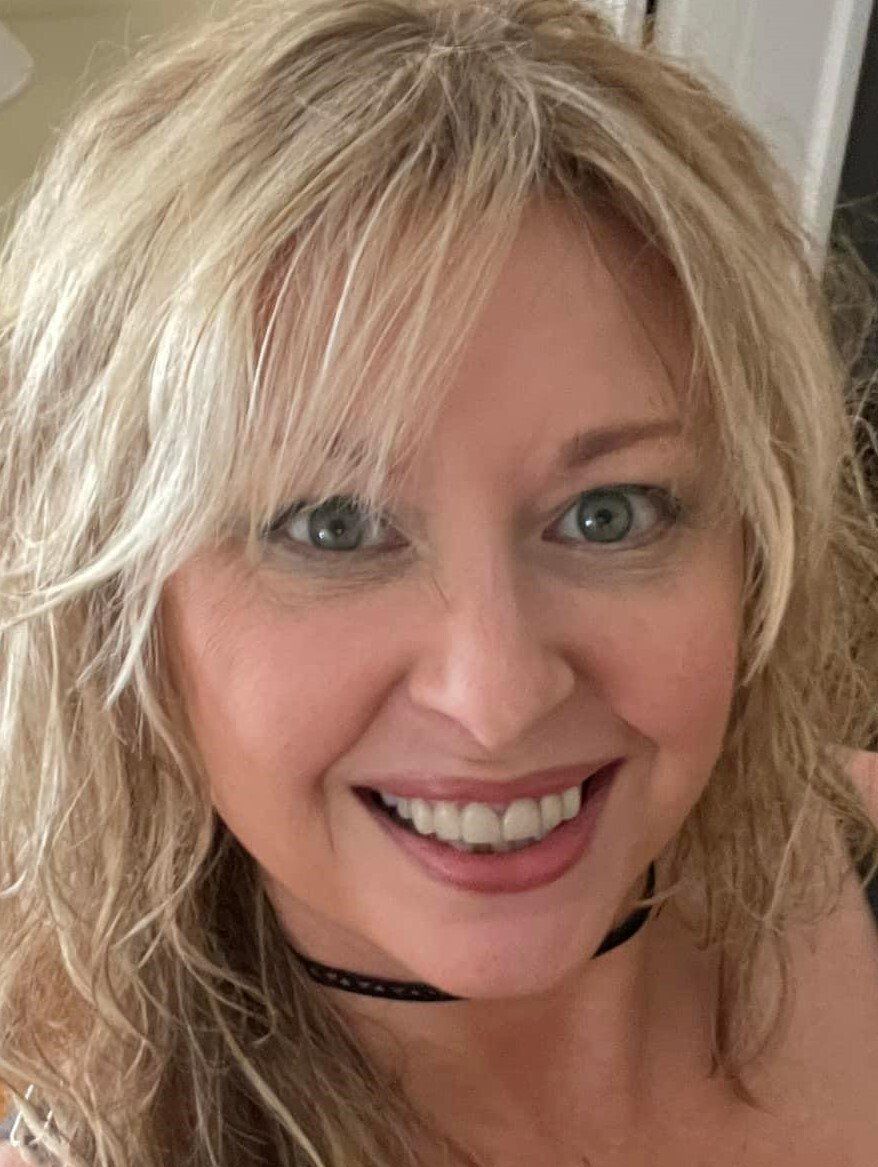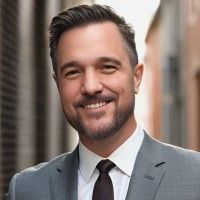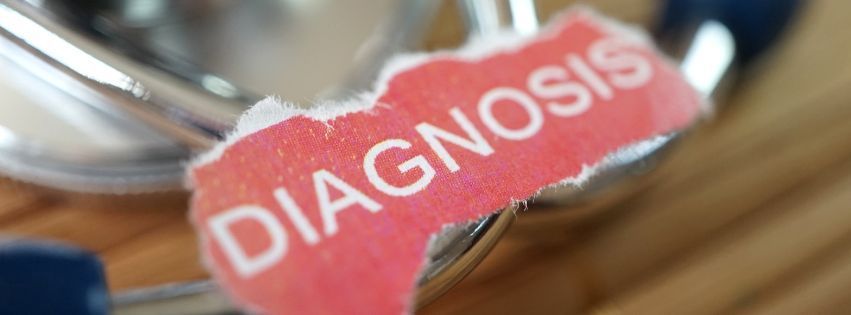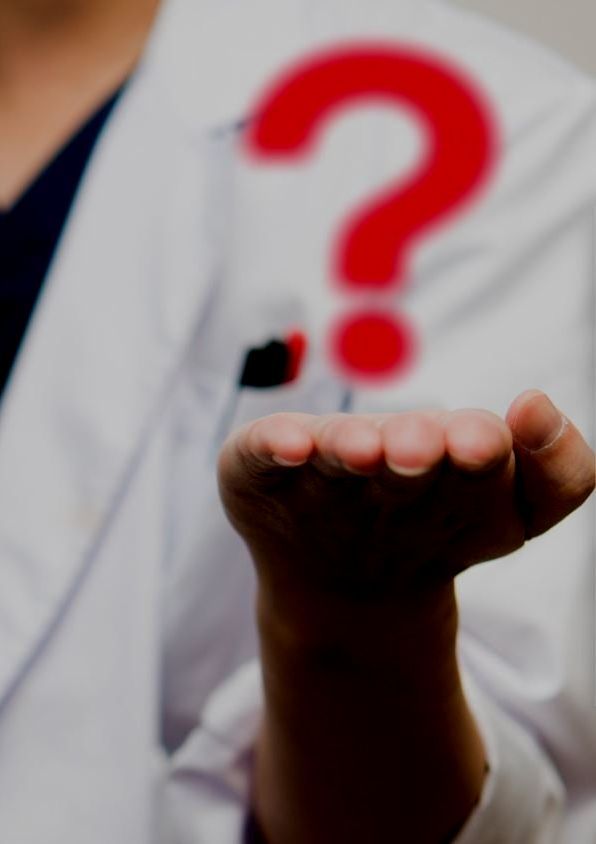AiA Episode 114
Intro: [00:00:00] Welcome to AiArthritis Voices 360, the podcast solving today's most pressing issues in the AiArthritis community. We invite you all to the table, where together we face the daily challenges of autoimmune and autoinflammatory arthritis. Join our fellow patient co-hosts as they lead discussions in the patient community, as well as consult with stakeholders worldwide.
To solve the problems that matter most, whether you are a loved one, a professional working in the field, or a person diagnosed with an AiArthritis disease, this podcast is for you. So pull up a chair and take a seat at the table.
Tiffany: Welcome to AiArthritis Voices 360. This is the official talk show for the International Foundation for Autoimmune and Autoinflammatory Arthritis, or AiArthritis for short. My name is Tiffany Westridge [00:01:00] Robertson. I'm the CEO and original founder of the organization, and I'm also a person living with the diseases like.
All of the public facing staff at our organization. I'm diagnosed with non-radiographic axial spondyloarthritis. I know it's so long and I am not alone. I'm here today with my co-host Ray. Hi Ray.
Ray: Hi Tiffany. Thanks for having me. I am Ray Padano. I'm a person living with psoriatic Arthritis and I'm also the project manager for the Knowledges Empowerment Program produced by AiArthritis.
Tiffany: Wonderful. So that is the reason actually why Ray is the cohost today, because this knowledge is empowerment program that we, we run through ai, arthritis was ideated by patients. Like all of the programs and projects and resources that we do here. With patients, realizing if we had some patient teachers, if we had patient leaders that were helping us understand all of these really complex issues [00:02:00] around the country or world, depending on where you live, that is really impacting my access to healthcare, my healthcare experience.
Then maybe we could get more people to share stories, more people to get involved, because the more that. Get involved and share their complications, who share their frustrations, who have that knowledge, would then be more empowered to share. And in turn, we could have thousands of stories and thousands of reasons for change.
And from that ideated, this sub project that has now blossomed into its own and it is called. What the hellth? WTH capital E-L-L-T-H. Question mark, exclamation point, and I'm gonna actually let Ray, who's the project manager of WTHellth?!, just give a brief overview in his own words what this project's all about.
Ray: This is a [00:03:00] way to capture the frustration that we all feel as patients. And this can be, you know, whether you're living with an AiArthritis disease as we are, Tiffany. Yeah. Or any kind of disease of, of any disease state that you can think of. Everybody is a patient. Everyone has frustrations with the healthcare system.
I know, I do. I know you do. Everybody we know does. And I I think it's fair to say it's universal.
Tiffany: Oh yeah.
Ray: So Beau, one thing we can all agree on.
Tiffany: Absolutely.
Ray: So. You can go on social media and rant about this. We see people ranting about the problems that they have and the frustrations all the time on social media.
So we figured, why don't we go and either there's a couple ways that people can do those, they can just post their own thing that they're upset about with our healthcare system, whether it's not being able to get access to the medication that's prescribed to them, getting some giant bill in the mail that isn't right or isn't deserved or expected.
Or any number of different frustrating things that can happen to a patient. There's a few [00:04:00] different ways of that we're gonna go and capture and share those stories.
Tiffany: Absolutely. And so that's kind of how this was ideated is as we were building out the project, we got together and Ray and myself and Kelly, shout out to Kelly.
She's one of our co-founders at the organization. We're brainstorming about how could we capture these sort of rants. About the healthcare system. So as we brainstorm, we landed on the title, which then is also a hashtag, and that's what we're gonna talk about today. How can you get involved in the WTHellth?! campaign?
We're gonna talk a little bit about some stories here. We're gonna share some of our frustrations to give examples. We're gonna talk more about how to submit and what we're gonna do with the information and what impact this can have. So let's start off, Ray. Tell me a, tell me a #WTHellth?!. Story of yours.
Ray: Well, the one that bugged me was trying to get the right medicine. So, you know, they go through all the trouble of [00:05:00] researching these medicines, testing them, approving them manufacturing them, prescribing them. Everything's working great. And now here it is. I've gone to the doctor and I've, I've got the right medicine.
They said, oh, this is the one you need for sure, or most likely. And uhoh, eh all of a sudden the insurance company says, no, no, no, no, no, no, no. Or the PBM that manages the pharmaceuticals delivery for the insurance provider in the
Tiffany: United States.
Ray: In the United States. And, and if you're in some ways where you have a, a medical agency of the government doing this, this should be a PharmaCare plan like you have in Canada or some other kind of government agency acting as this middleman that is controlling the pharma.
So it, it, it varies by jurisdiction, but the coverage. This last mile problem is, is very, very frustrating for me in particular and for a lot of people here, especially in the us. So I said, you know what I couldn't get the drug. They said I couldn't get the drug that I wanted, this new amazing new drug and that there's a biologic medicine and they're a little expensive.
And so they said, you know, why don't you try the, the cheaper drugs, [00:06:00] some of the more retro drugs? And I said, this is like going back in time to the 1930s or the 1940s where they're saying you have to fail. The 1940s drug called methotrexate. You have to fail this 1937 drug called sulfasalazine, you know, before you can go back to the future, you know?
So we just started thinking about these kind of goofy ways of looking at this really miserable problems. You know, that cause it's, we laugh, but, you know, you get irreversible joint damage while you're running through all these hoops. That's the kind of frustration that we're trying to capture.
Tiffany: Oh yeah.
Oh yeah. There's one that I, I was talking to Ray about and he said, I think you should share this one. And it happened to me last year and you know, every year I, and I think a lot of us, we get a health insurance plan. The health insurance, your plans roll over, things kind of reset and start over. And at the time I also changed over insurance companies and so.
The biologic that [00:07:00] I'm on and that many people are on, there's a FI that you can apply for some kind of financial assistance programs. And I did a, I mean, in my case, in a lot of cases, it takes less than five minutes. You apply online, they give you this magic card, and then. Is the process of actually getting the healthcare, the health insurance, the specialty pharmacy, to apply that financial assistance program, right?
So I was approved on January 3rd to get my biologic for $0. However, actually getting it to apply with a whole other thing. So I initially set it up. Then I get this bill in the mail and it says, you owe $2,700. I said, okay, well, I don't because I have financial assistance. So I called them up, went through, I don't even know.
It would felt like forever. It was probably 30 minutes on the phone. Oh, oh, we've got it this time. Okay. Another bill. They say, it's past [00:08:00] due. It's past due. Same bill. So I called them, and this went on until April when I finally. Finally somebody applied, and this is applied it to my program. But here's what's frustrating about it.
Two things. First, it was frustrating for me because, I mean, we're busy people, right? We don't have time to be sitting here constantly going and saying, oh no, it's, it's applied. It's applied. You're good. No, don't worry, don't worry. Thankfully, they still shipped me the medication. So there, there, it could have been worse in saying that.
So the time, it was just frustrating. But there are a lot of people that I have seen ranting about similar things online, but they don't realize they don't actually owe that $2,700. That's just part of what a, this kind of scam is, right? Like some of these companies are banking on the fact that you are not gonna know, like, [00:09:00] oh, we, we forgot to apply this, and they might end up paying it.
They get so frustrated thinking, oh my gosh, I can only have $2,700. Yeah, but I knew that I didn't actually owe that. Right. And so that the
Ray: educational element there for people as well. Exactly. They us to the problems and they said, oh, if that happens to me, maybe I won't end up with the worst case scenario there.
Tiffany: yes, and that is a very, very good point here, Ray. So what are we talking about today? This #WTHellth?! campaign and it is about being frustrated, being ranting about something that's happening in the healthcare system that is driving you. Crazy. Right? And in saying that it can help you because hey, ventings healthy, right?
So it can help you that you can find support. Other people will say, oh my gosh, that happened to me too. Oh, and then you feel justified, right? Then also by me sharing things like how I tackled the situation, others could weigh in, others could say [00:10:00] that might help somebody else. Right. So our concept really builds on that.
Let's turn the rants that everybody's doing anyway into something that we can build on that's something usable. That's something that we can get thousands of people to all saying this same thing because, oh, that happened to me too. Me too. Here's my experience now. We went from story sharing to data.
Yeah, you went to collecting research in order to take all of that, we'll have enough information to go to decision makers and say, here's the problem, now let's fix it. Right,
Ray: right. I think and that's great because it's a matter of taking all these individual problems and say, these are not in individual people having individual problems.
This is something that is across all patients. Alright. And we can look for these commonalities and you know, we can take this to a, you know. A drug affordability board. We can take this to, [00:11:00] you know, a hospital, we can take this to a state legislature. Okay? We can take this to a federal government, all right?
Or, you know, a national government or a health, a health insurer company, or there are a million places we can take this information and kind of affect the change so that we don't need to be so frustrated. We don't need to spend so much time on the phone with the insurance company or with the hospital billing or whomever.
Tiffany: Absolutely.
Ray: And we get our meds. And we get our meds when we need them.
Tiffany: That's right. That's important. So you might ask, alright, I have a story to share what we know you do because everybody has been frustrated with the healthcare system. So how do you get involved? More about this campaign. So first I want to just mention the dis and, and Ray said it, but I just really wanna highlight this is a disease agnostic, and that just literally means it's not only people living with autoimmune arthritis, autoinflammatory arthritis, diseases like AiArthritis represents.
We [00:12:00] just ideated this. So we're not keeping it just for ourselves. And we do imagine this will grow. We hope it goes viral. And then as you know, we need more organizations to come in and help co-lead. Great. But for right now, we're leading it. But anybody should participate, right? Anybody?
Ray: Absolutely.
Tiffany: The ways and, and before I talk about the ways to participate, I also want Ray to just give a little bit more of, you know, kind of a connection on the idea of this, the Knowledge is empowerment program and, and kind of the teacher and us teaching people of where this ideated.
Ray: So the Knowledge is Empowerment program as it sounds. It has a couple of pieces here. So the first piece here is knowledge. We need to understand why are we having these problems? Why is it that I had to go and try these old drugs here? That, you know if they had worked, they would've invented the new ones.
Probably I would think if they worked that great. But why do I [00:13:00] need to go do that? Well, that's something called step therapy where they don't want to cover the expensive drug if they can go and do it for a cheaper one. And this is, you know in a. Situation where they, you're using taxpayer money.
It's responsible use of public resources to do that. So there's an argument to be made for that. However is if it's being done for profit, you know, this becomes more controversial so we can dive in and talk about what's happening, what's the step, the why are they doing it, what's the argument?
Why is this problematic for patients? And a patient can become completely knowledgeable about this as something that. They don't wanna know about this. Maybe this is the, they've just got a diagnosis and they're not expected to follow this as closely as you or I do who work in this patient advocacy field.
So that's the first piece. The second piece is the empowerment. Now that you know this, you can spot it when it's being done to you, you can report it. You can know how to handle it. You can you know, talk to your doctor. You can get exceptions if you're, if you're switched for something, you can argue your way out of it.
You don't need to pay that $2,700 bill. Tiffany, you knew [00:14:00] you were empowered, you were eligible, empowered.
Tiffany: I was knowledgeable and empowered to say,
Ray: yeah, exactly. I see all these people and I've, I've met patients like this and I know you have to where they come in and they say, how am I supposed to afford this stuff?
And I said, manufacturer copay coupons. They, they, they want you to get the drugs, okay? You can get a $5, $10, a $0 copay. And so we educate people so that they have the, they're empowered not just to go and get the medication that they need and the treatment that they need, but to go out and, you know, address some of these problems.
And this means we'll share this with policymakers you know, put we'll have people testify. They can get involved in their state. And testify about legislation that affects their access to medications and there's any number of opportunities. So I encourage everyone to check out the knowledges empowerment webpage, AiArthritis.org.
And there's videos on every topic you can imagine, and we're adding new things all the time. Classrooms, we'll give you a deep dive. And these are patient led, these are not written by policy people to be at a high level. You don't need [00:15:00] a, a law degree or a doctorate to understand these. These are written by patients.
They're led by patients, and it should be very accessible to everybody. And if it isn't, there's a glossary there. So you could look up the word that you don't know and then you'll know it for next time.
Tiffany: Absolutely. Well, thanks for giving an overview of that Ray. And Ray is our, our project manager of the public facing classroom.
There's two different levels of this classroom, so the public facing is where, #WTHellth?! also lives under and originated from because in those videos that Ray's talking about, we do have story sharing, but it's a little bit more of examples, not. Rates. So that's where this sort of brainstorm came with.
We also need an opportunity for, yes, we need these educational videos, simple stories, nice stories that give great examples that we can hand over to legislators so we can. Just encourage people to share those types of stories, but we also need a place for people to just be [00:16:00] mad and just say, this happened to me.
And so it's sort of the other side of the video library. Now we have the the what? The health brand. And so how do you participate in this? Well, we made it really, really super easy. I mean. This is something you get mad. What do you do? You tell your friends, you rant on social media in some cases, or you just want somewhere to tell somebody what's happening, right?
So that's how we've kept it very simple. The ways to participate. If you are a person who rants publicly on social media, we have an option for you. So if you're on social media and you want to rant, rant, but please use the hashtag. W-T-H-E-L-L-T-H, and then the question mark and the exclamation point. So by putting the hashtag, now we can find you, right?
So now we can find all of the stories. [00:17:00] So you can also tag, #WTHellth, so we do have social media platforms, so if you tag that, it's possible we might share it. So we won't share it though if you don't tag us. So cut by tagging us, it makes it gonna tell us, Hey, I'm cool. You with you sharing this, right?
So there is that kind of decision. I wanna sort of rant to myself. I really want everyone to rant. And if we are being able to see it and tag, we might even invite you to come onto a show, right? Because we're gonna have to have a whole series of #WTHellth?! shows. I mean, come on and feature all of these, but maybe you don't wanna be so public, that's okay too.
We have a website. The wthellth.org website. And there you can fill out a form. It can be anonymous if you so choose. So you might come home and just go, oh my gosh, I need somebody to listen to me. Ray, let me tell you what just happened. You pull that up, you can go to the form and Ray will be like, what the hellth?
Right, right, [00:18:00] right.
Ray: That's right.
Tiffany: He really is gonna be one of the people reading it. So I'm, I'm, it's not so farfetched and there's
Ray: a lot of options on there for what level of comfort you have with you can say, you can use my first name and that's it. Or you can use just no, completely anonymous, please.
Yeah,
Tiffany: absolutely. Absolutely. And you know, Ray, you gave se so those are just your basic ways, right? And so you think about social media, if you wanna do a video of yourself ranting, if you wanna just type it out, you know, I'm a big ranter via type. I might put a photo on there. So as long as you're using the hashtag.
That's really the key here. But Ray, you've had, when we started piloting this, you've had some more creative submissions too. So what are some other creative ways that people are, could submit these kinds
Ray: of grants? So when someone is ready to submit a story, there is actually a little spot where they could upload a an outrageous medical bill or some kind of supporting information if they want, as you said.
But [00:19:00] there's a lot more options than even that. Some people, they, you know, they lip sync along to a song, putting some factoid up about some ridiculous interaction. They had some huge copay $1,700 a month copay that just popped up. That is, you know, just absurd and ridiculous. Another person went and shows himself on the phone and it's turning to night while they're on the, on the phone trying to sort this out with the insurance companies.
So there's a lot of options you can do. It doesn't need to be a straight telling of a story. You can just, I don't know, make fun of the situation. 'cause as I always say, it's this is stuff we wanna laugh about, otherwise we'd cry about it. That's the frustration that we're trying to capture and hopefully, you know, share with the policymakers.
Tiffany: Love that. So yes, be creative. Let's see how creative you can be with these. Just make sure, use that #WTHellth?!, exclamation point so we can find it. Other people can find it too. I mean, [00:20:00] that's, that's part of this, right? This is a global campaign, so anyone in the world, this is a perfect opportunity to just really let it out and let us start to be able to track these important rants so that we can get the information that we need to show, Hey, there's enough people talking about this.
I think we need to look at it. This is where, where we need change. So in saying that. I just wanted to throw in sort of this, the, the innovative spin here that AiArthritis. Kind of looked into this, which Ray touched on with the whole Knowledges empowerment program, is we firmly believe, we know, we see when we're doing anything with policy changes, government changes.
There's always a need for these stories to supplement what the ask is going to be, right? So we need change. Here's some research or here's some data points, or here's some why, and then here are the patient's stories that provide the heart and the emotion. [00:21:00] Very important, very powerful. You did both.
However, we wanna take it to the next level. And so at AiArthritis, everything we do is based on patient experience data or taking the stories, not one, not two 20. 40, a hundred, a thousand and then saying, well, hold on a minute. We're all saying this. It's a problem. So we wanna, we taking that model into this, and in addition to these amazing stories that need to be heard, we will be able to capture the research and we will be able to utilize that.
So that is. Impact. And you know, Ray, I think you've said it really well too, and I wanna hear kind of your impression on how you envision this impact. I really just, I see it a lot of being able to create these. Points, these themes, these moments, these pieces, these stories that thousands of them together [00:22:00] that give us enough information to go to these decision makers and say, we not only have the heartfelt stories, but the heartfelt stories created enough information where we also have the data.
Ray: Well see what I, when I think about it, I know you're on the phone with the insurance company or you're on the, on the phone with the, the hospital or billing or something like that, and you're so frustrated. You're angry about it. And you, and you know, they, they, they say they care. They don't really care that much, you know, and the what, you're just one person.
Okay. But if you get, you know, they get a hundred people who are upset about this, maybe they care a little bit or what they get a thousand or, you know. Maybe they care more, right? It becomes a bigger problem. But if you go into where they're drafting legislation or a policy, and I can give you a white paper that has great research and it's all methodical, but it's, it's cold, it's it's intellectual, okay.
And I can come up and I can bring somebody out and [00:23:00] they can tell a story, and that's emotional and that's heartfelt. And, but it's one person, it's anecdotal. So this is a way of kind of combining the best of both worlds. Yes, we've got one little land, can't do much, but together they can move a big object.
You know, that's kind of really the way I envision this program being effective. So I'm happy to be a part of it.
Tiffany: Love that. And of course, I'm, I'm playing through my head the rubber tree plant song right now. Alright, well I think that that's. Brings us really to the end of this show, and this is the first of many I think, that are gonna transpire out of #WTHellth?! There's so many different stories we can create.
There's so many things to track. We're putting this on the table to invite all of you to participate, and let's circle back to more episodes where we literally read these. Talk about them, invite more. Maybe you, maybe you out there who submit a story to us. We invite [00:24:00] you and you become a guest on the show.
I think we have a lot of opportunity to really make change and I'm excited about this Ray.
Ray: Me too.
Tiffany: Alright, anything else to share before we wrap up?
Ray: I think we just have to give the URL again, which is alright. #WTHellth?!.org. That's W-T-H-E-L-L-T h.org. Then if you don't want to go there, there's the hashtag, which is W-T-H-E-L-L-T-H.Question mark, exclamation point because we are both befuddled and angry about it. Frustrated, I think is a better word. And I talked about being on the phone with people and they say, I understand you're frustration. You know, and yeah, I dunno that they do. So I think it's important that we share that collectively as patients.
We can share that frustration with the health system and hopefully affect some positive change.
Tiffany: Absolutely. All right, so we're here. The world's waiting. Let's get these, #WTHellth?! stories, videos, [00:25:00] shares out there. So together we can make impact with thousands of stories. We can. I use those four data and for story sharing, putting it all in once.
Completely patient infused, completely patient led, just like we do always at AiArthritis. So Ray, thank you so much for joining today and being my amazing co-host. I'm excited about this campaign and the future of it. So thank you all for tuning in. Remember, if you love the show while you visit AiArthritis.org, please consider giving a donation so we can continue programs just like this.
Also, make sure you check us out on all of our social media platforms. You can find those when you visit AiArthritis.org, and you can also find the platforms for the #WTHellth?! Campaign associated on that website as well. So. Tuning out for this time. But thanks. And everybody please pull up a seat at the table 'cause only together can we change the stories of tomorrow.[00:26:00]
Intro: AiArthritis Voices 360 is produced by the International Foundation for Autoimmune and Autoinflammatory Arthritis. Find us on the web. At www.AiArthritis.org. Also be sure to subscribe to this podcast and stay up to date on all the latest AiArthritis news and events.
